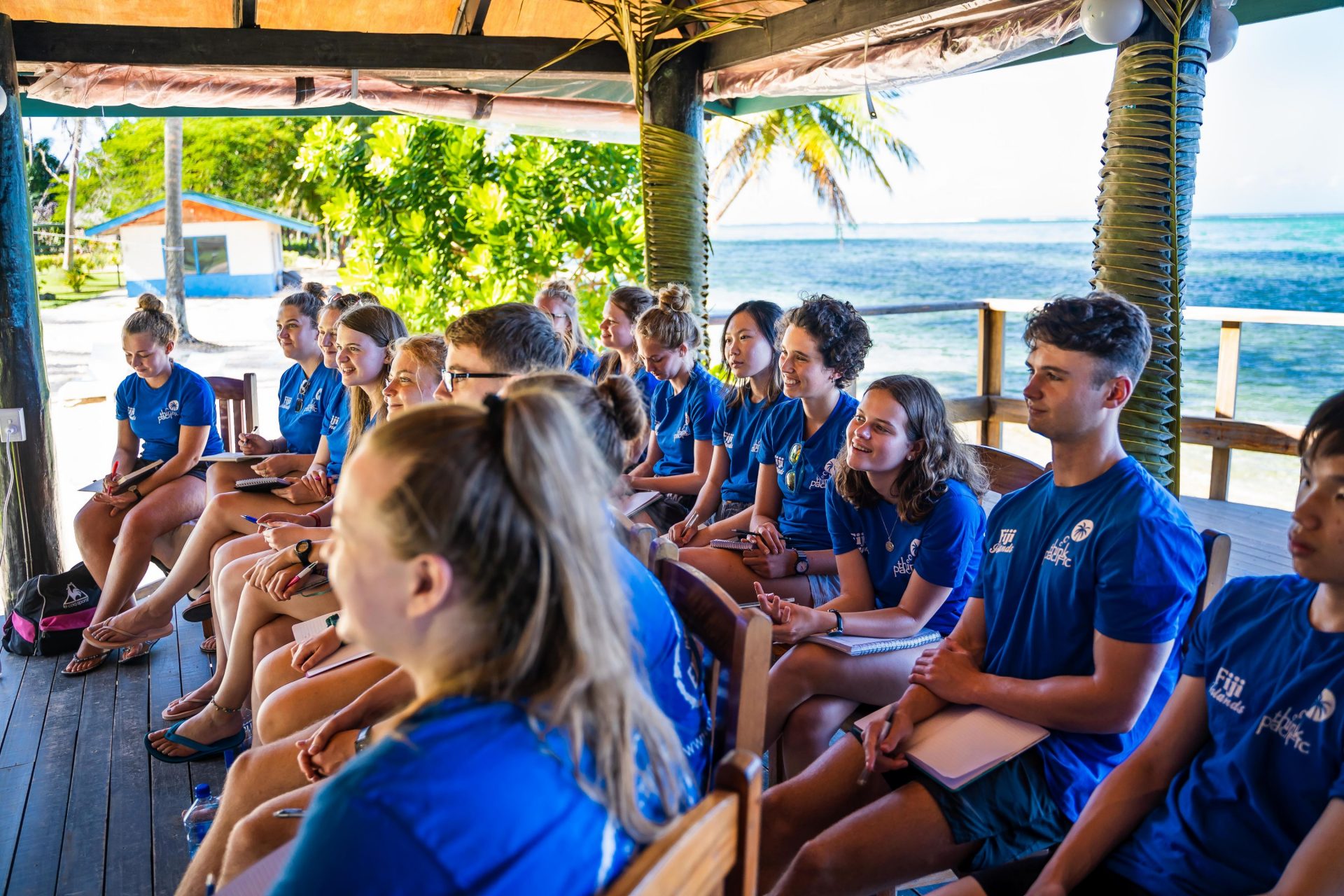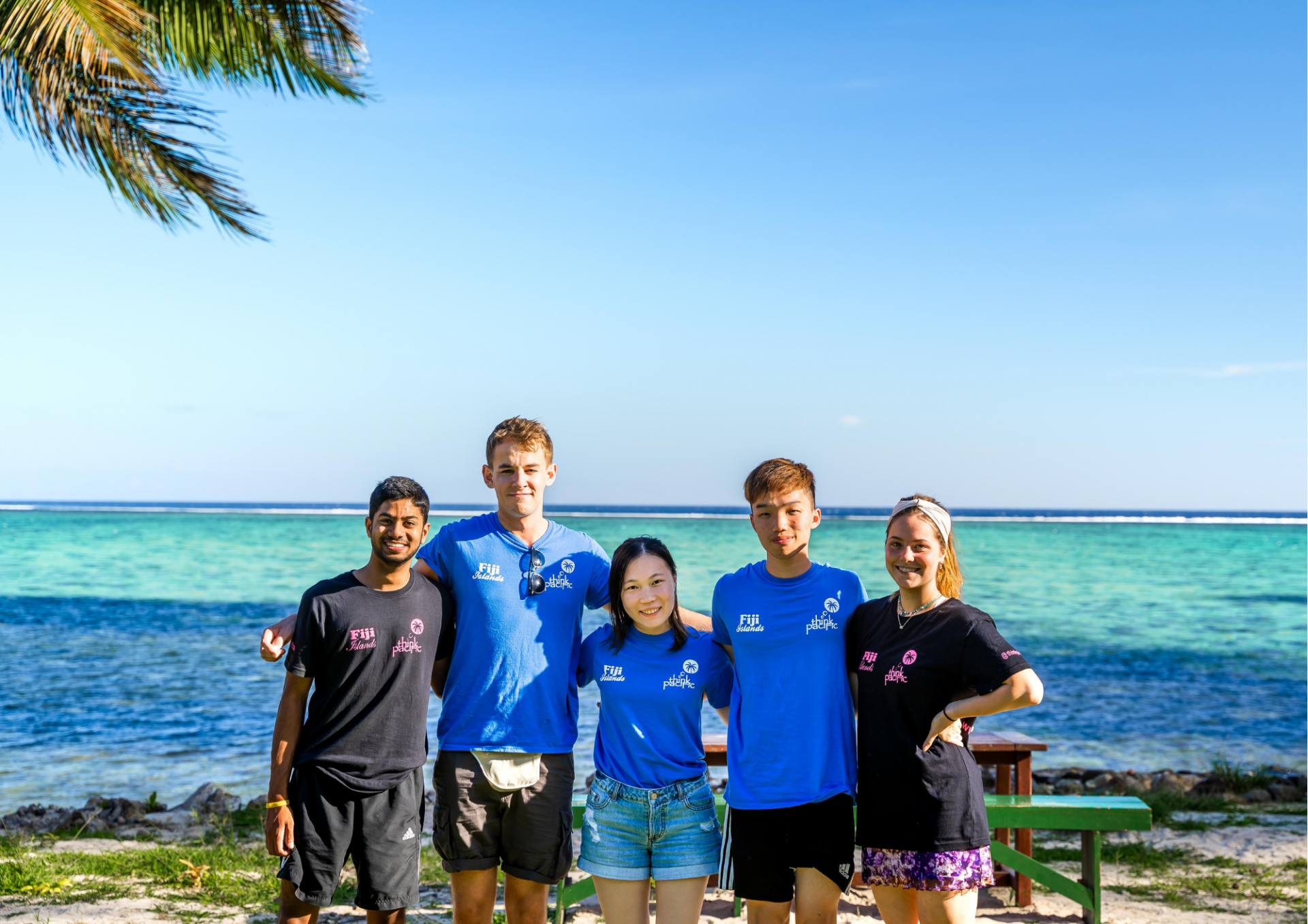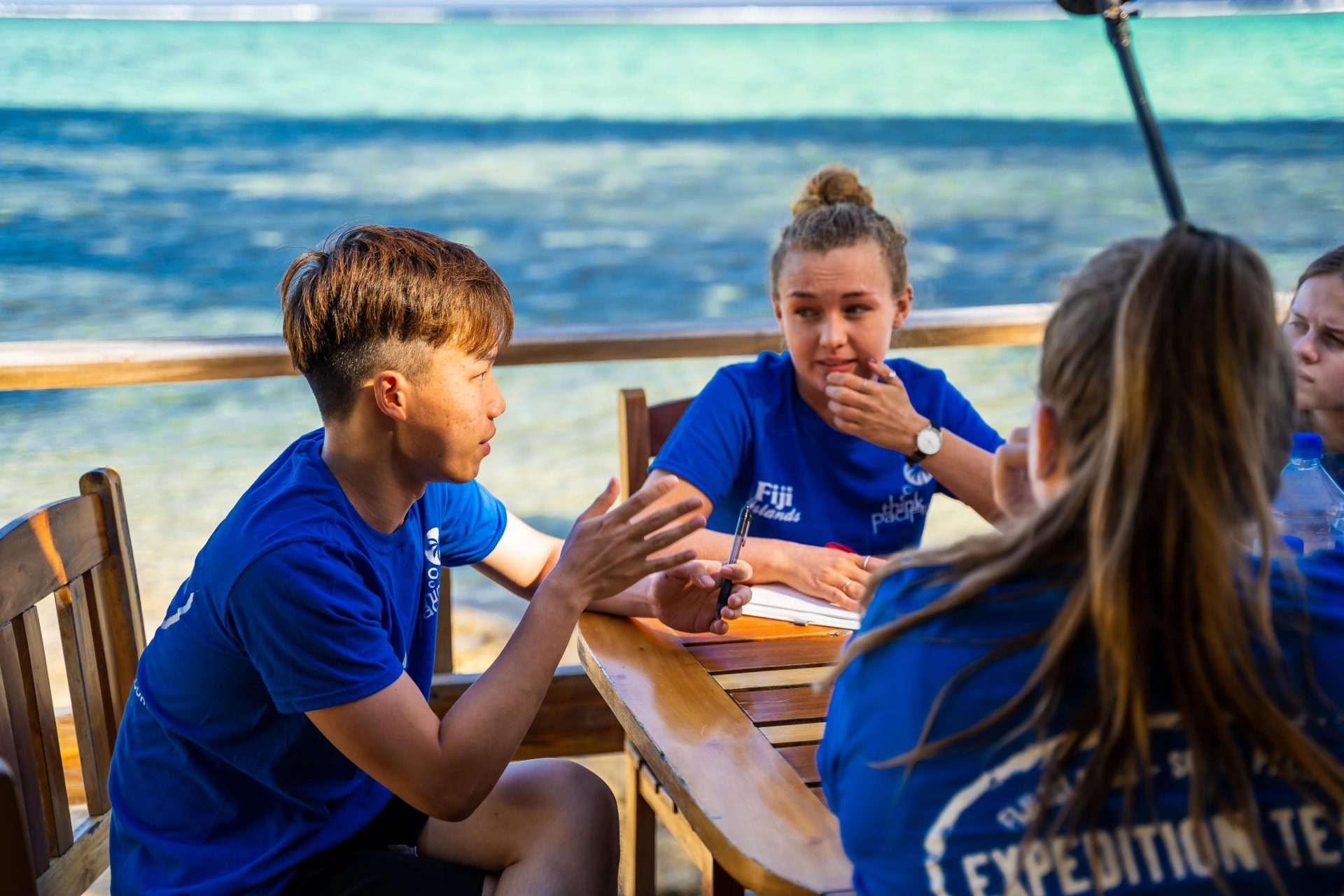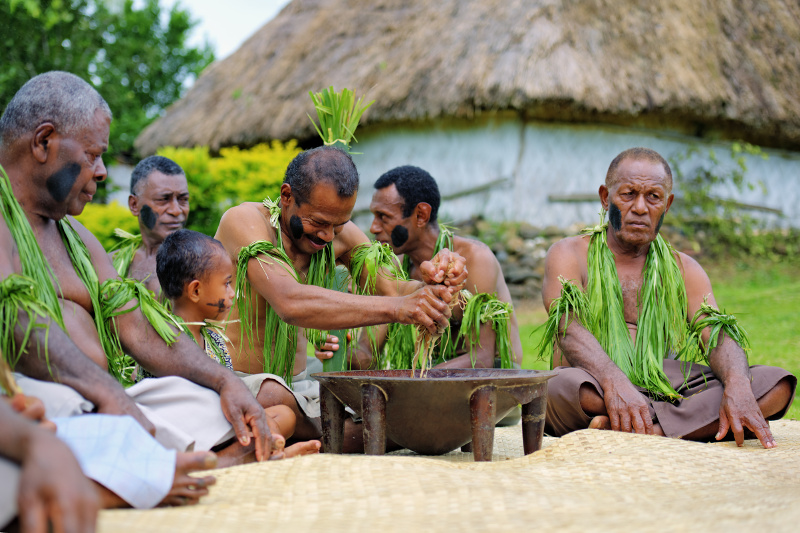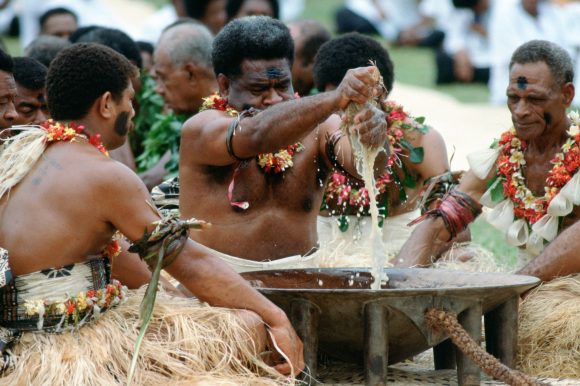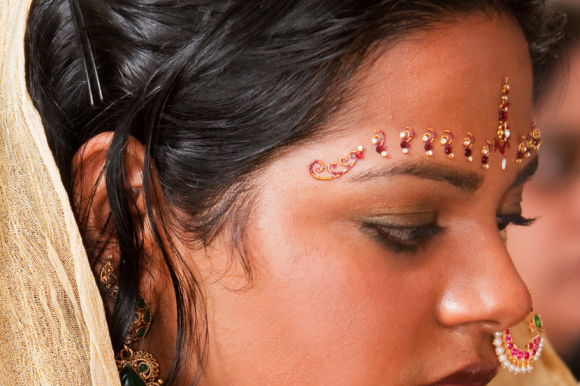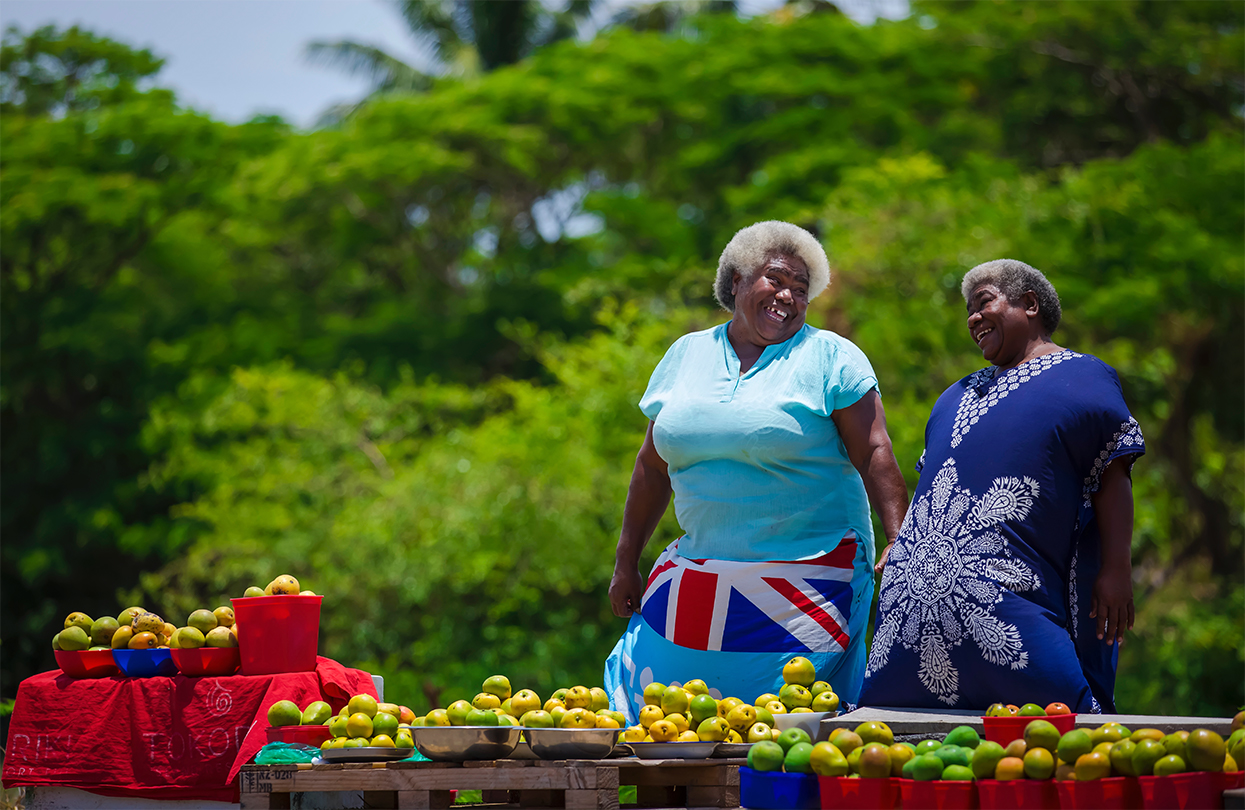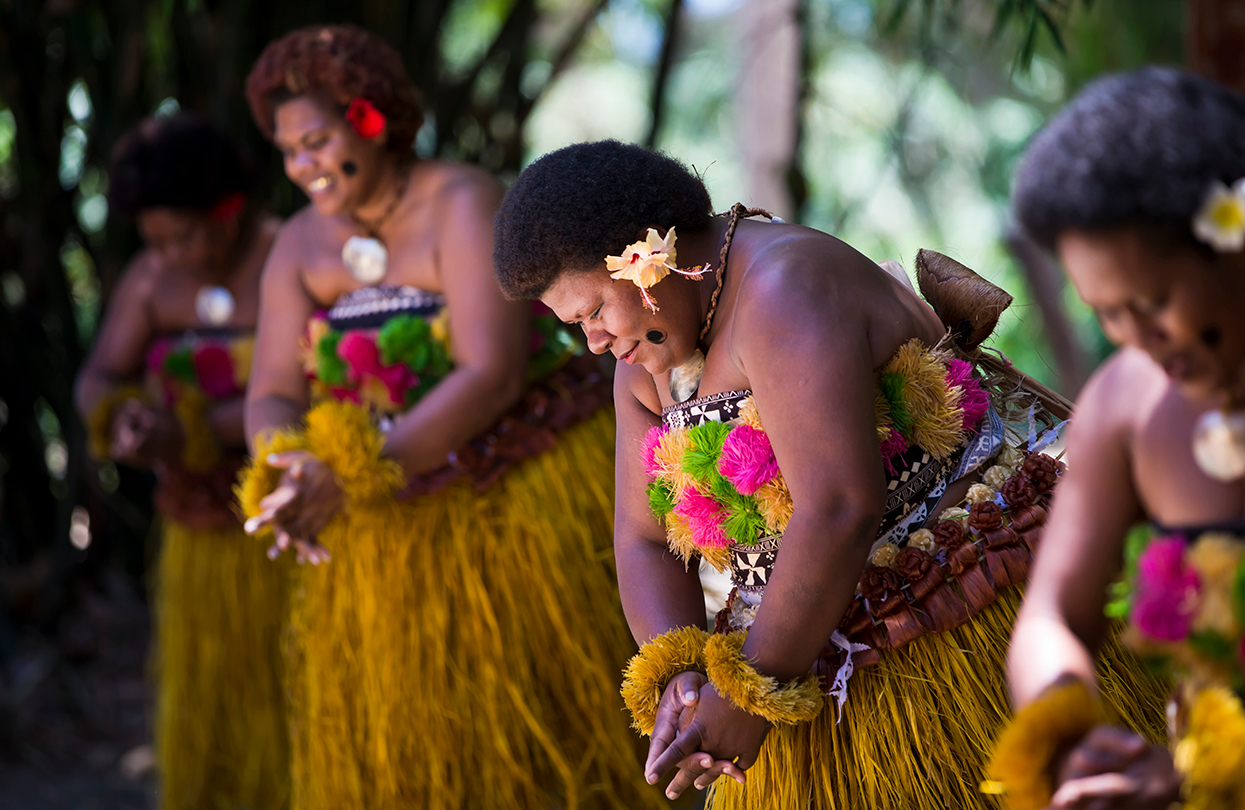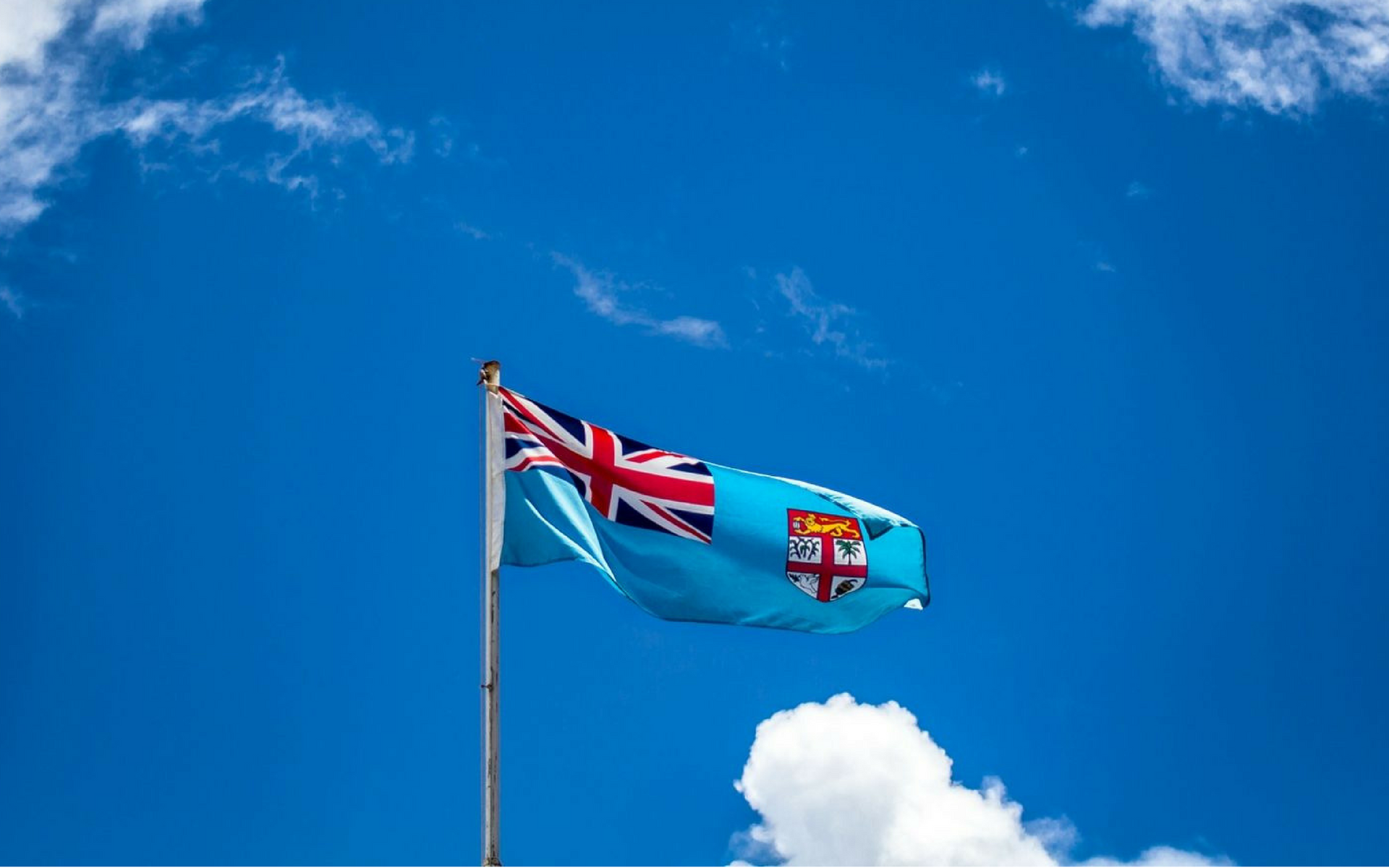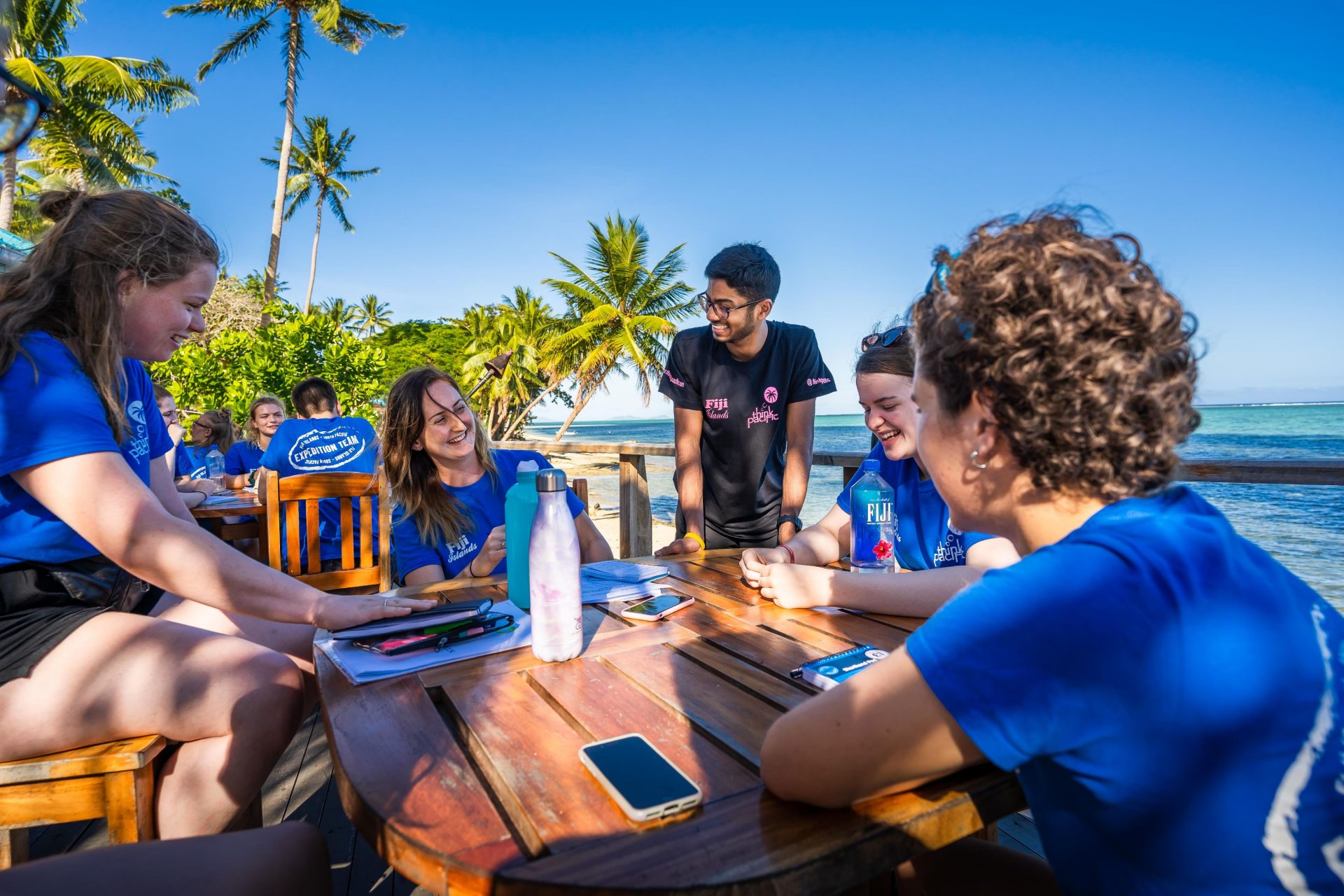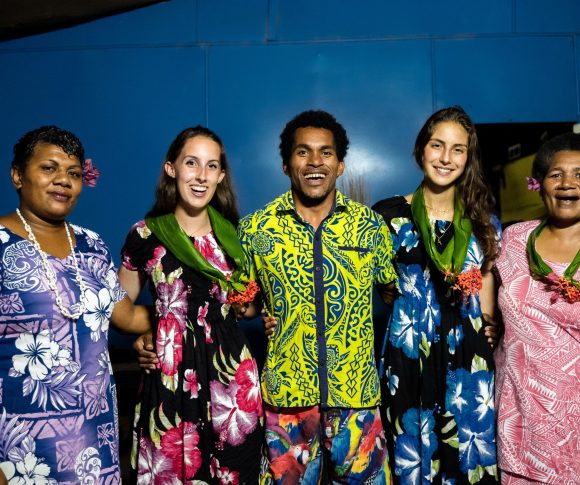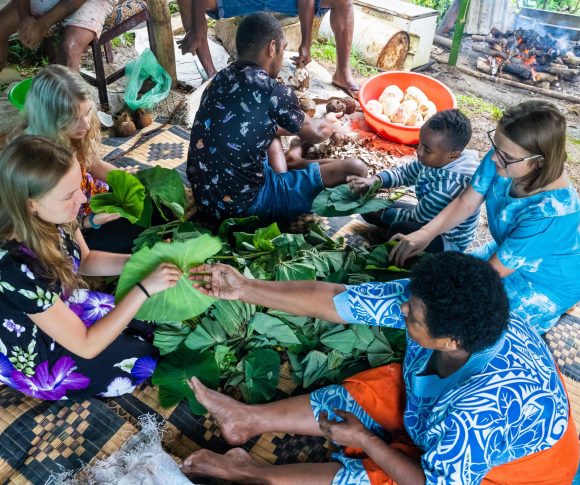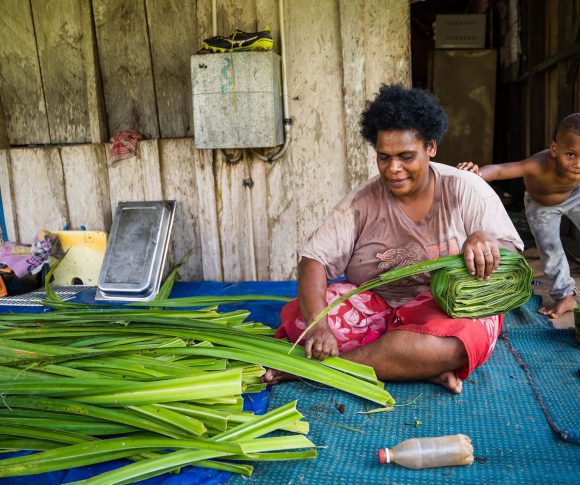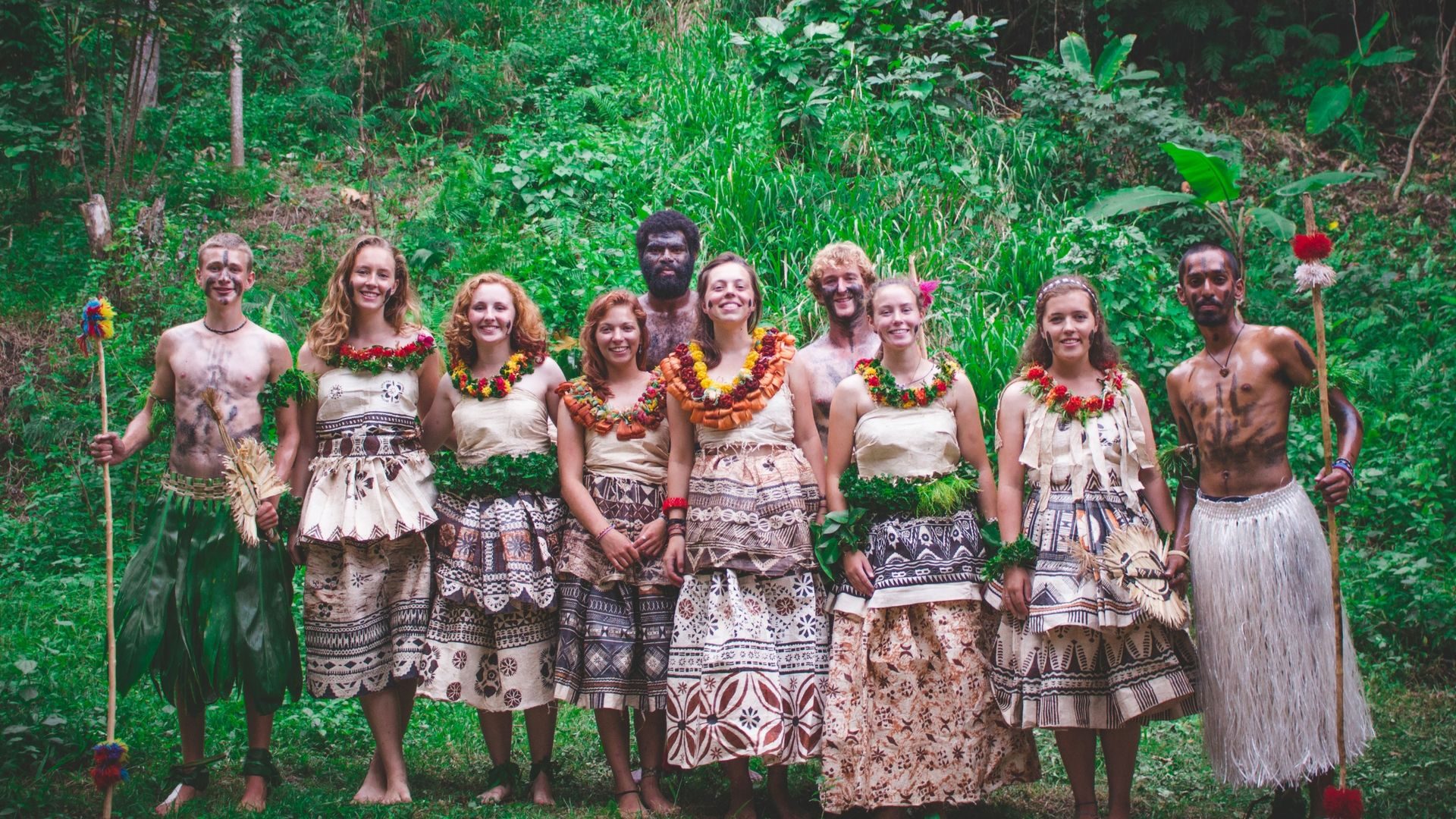Welcome to Your Remote Internship
Our hope is that this program will allow you to develop your skills, create new connections and make a contribution – all from the comfort of home and at your own pace.
As a team, we are committed to doing everything we can to make sure that your experience and impact is the best that it possibly can be.
All of us at Think Pacific are available to answer your questions, clarify points, to help you learn, or to discuss the finer points of your work. Please do not hesitate to reach out for support or offer support to your fellow interns. After all, we are all here to achieve the same outcome.
So, let’s get started….the first step in your journey is to download and read the welcome guide below.

- Module 1; Introduction to your Think Pacific Internship
- Module 2; The Mindset for Success
- Module 3; Fijian Culture – Cultural Intelligence
- Module 4; The Concept of Sustainable Development
- Module 5; UN Sustainable Development Goals
- Module 6; The Fiji National Development Plan
- Module 7; The Think Pacific Story
- Module 8; Explore the Specific Internship Fields
Module 1: Introduction to your Internship
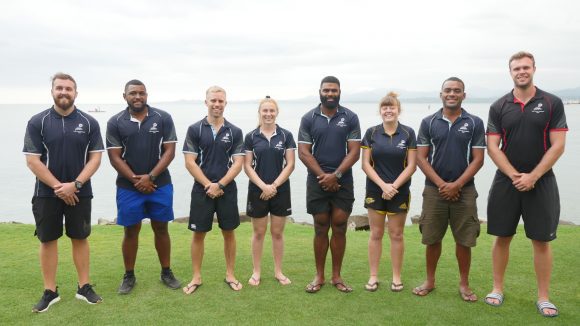
Every member of Think Pacific has been inspired by Fiji. From past volunteers who’ve fallen in love with the country to Chiefs, Government Advisors and young Fijians, who’ve been handpicked for their skills and dedication to supporting Think Pacific. We all care deeply about making a positive difference to the islands we love.
You’ll find us based in two locations – The wonderful city of Leeds, UK and the truly remarkable islands of Fiji. Our two teams are in touch constantly, providing the peace of mind that Think Pacific is entirely responsible for your program from start to finish on both sides of the world, being a UK social enterprise and a registered Fijian charity.
Our hope is that you’ll feel part of a unique community, we put everything we have into guiding hugely personal volunteer projects and internship experiences. Our team be with you every step of the way to ensure your experience and contribution is as rewarding and fulfilling as it can possibly be.
Look out for us introducing ourselves to you within the facebook group soon. We look forward to working alongside you.

The purpose of your Mighty Networks Workspace is to be a space of interaction, engagement and support. In these groups, ask questions, hear updates form the Think Pacific team and collaborate with fellow interns.
Mighty Networks also contains the schedule of events you can attend. Use the ‘Events’ section to attend live Zoom sessions to engage with all elements of the internship. The platform also has chat features that enables you to constantly interact with fellow interns and your respective mentors.
Ensure that the Mighty Networks app is download onto your gadget for ease of communication and for real time updates.
Also vital to complete is the “Onboarding RI Course” on the Mighty Networks course, this course provides an insight on how to effectively navigate through the platform.
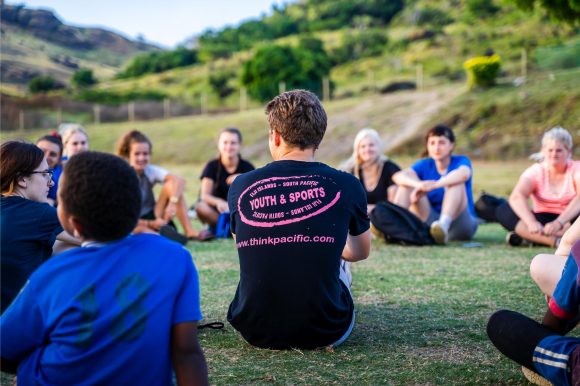
You will be invited to join group sessions hosted by the TP staff. These workshops will range from mentor supports sessions to guest speakers. The purpose of the sessions are offer you the chance to raise questions, discuss key learnings and hear what others are up to in the program. Our hope is that you will engage in these sessions to support the successful completion of your action project and deepen your learning, but to also connect with other students to provide peer-to-peer support and feedback.
Module 2: The Mindset For Success
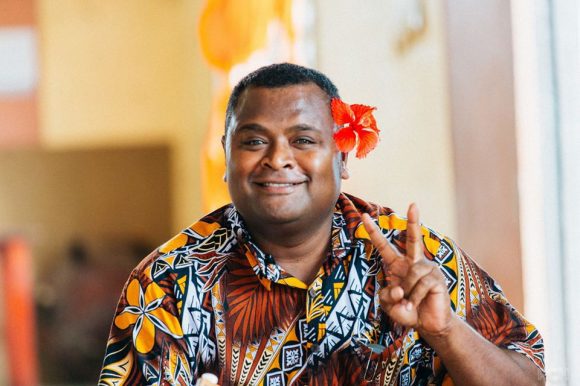
Please download the ‘TP Mindset Guide’ as we revisit the mindset strategies that were discussed during your online briefing. We invite you to answer these questions to deepen your learning and expand your self-awareness;
- Why do you think mindset and thinking is so important?
- What would happen if we adopted the opposite to the ‘TP Mindset’?
- What self-leadership standards do you commit to during your time as a TP intern?
- The Four Foundations of Success; Can you think of examples of how you use this thinking tool effectively in your life already?
If you, along with countless other volunteers, interns and global learners, have been asking yourself this question, and want to explore a fun little model that might provide a starting point for the answer, watch this video and use the following prompts for further discussion:
- The video talks about personal development and global development being interlinked. Do you agree?
- How have you seen these links in your own life?
- Which of the 4 quadrants (knowledge & skills, attitudes & empathy, thoughtful action and daily choices) do you most associate with “doing good in the world”?
- Why? Is there a quadrant you think most important?
- What do you think is meant by a “learning mindset”?
- Why do you think this is in the center of the model?
- Is there anything missing from the model presented? How would you answer the question yourself?
Ahead of module 3 (Fijian culture and cultural intelligence), it is first important to approach potentially new information in the most appropriate and effective way!
Culture is what shapes us, it shapes our behaviour, our views our identity and how we approach knowledge. This means that there are copious amounts of different perspectives within the world and it is incredibly important that we appreciate this before we can work within any particular context.
This video from the University of the South Pacific focuses specifically on approaches to academic research methodologies in the Pacific and the concepts and assumptions we may need to be aware of before conducting research in the region… but it is also incredibly applicable to any work in the Pacific too! Check it out…
Your goals are an essential part of the next few weeks for you. Goal setting is a powerful process for thinking about your ideal outcomes, and for motivating yourself to turn your vision of this future into reality.
By setting sharp, clearly defined goals, you can measure and take pride in the achievement of those goals, and you’ll see forward progress in what might previously have seemed a long pointless grind. You will also raise your self-confidence, as you recognise your own ability and competence in achieving the goals that you’ve set.
Specific – A specific goal has a much greater chance of being accomplished than a general goal.
Measurable – Establish concrete criteria for measuring progress toward the attainment of each goal you set. When you measure your progress, you stay on track, reach your target dates, and experience the exhilaration of achievement that spurs you on to continued effort required to reach your goal.
Attainable – When you identify goals that are most important to you, you begin to figure out ways you can make them come true. You develop the attitudes, abilities, skills, and financial capacity to reach them. You begin seeing previously overlooked opportunities to bring yourself closer to the achievement of your goals.
Realistic – To be realistic, a goal must represent an objective toward which you are both willing and able to work. A goal can be both high and realistic; you are the only one who can decide just how high your goal should be. But be sure that every goal represents substantial progress. A high goal is frequently easier to reach than a low one because a low goal exerts low motivational force. Some of the hardest jobs you ever accomplished actually seem easy simply because they were a labour of love.
Timely – A goal should be grounded within a time frame. With no time frame tied to it there’s no sense of urgency. If you want to lose 10 lbs, when do you want to lose it by? “Someday” won’t work. But if you anchor it within a timeframe, “by May 1st”, then you’ve set your unconscious mind into motion to begin working on the goal.
Now you’ve set your smart goals and you know what you want to achieve during, it is time to plan out how you are going to get there! Now you can put what you’ve read about self leadership into practice by being proactive and planning out your internship.
We’ve set up this page on time management, including how to utilise your Google Calendar to help you get the most out of your internship. Enjoy getting organised!
Time Management Tips - Click to Learn More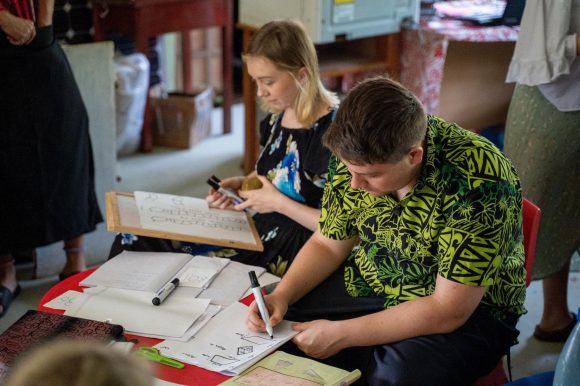
During the internship, it’s easy to brush over your challenges and wins of the previous week, so we have created a very simple reflection tool.
These 10 minutes reflecting may prove invaluable when it comes to planning your next week and delivering a top quality project proposal at the end of your internship. And, keeping track of all of this will make great fuel for an interview when you can show incredible self-awareness for your own development!
For tips and tricks on how to stay both physically and mentally well when working from home, click the button below.
Our Guide for Maintaining Your Wellness From HomeModule 3: Fijian Culture & Cultural Intelligence
This is one of the most exciting modules within the whole programme, we have put together plenty of material on Fijian culture to help you gain knowledge and understanding that is not only essential for the quality of your work but is also incredible interesting! We are excited for you to learn about Fiji’s fascinating history, customs and culture that make it so unique and special.
Contemporary Fiji is a multi-ethnic and multi-cultural country with a rich history. Two major demographics make up the majority of Fiji’s cultural makeup: Indigenous Fijians and Fijians of Indian descent, neither cultures are in competition with the other but they certainly have their differences which make them unique; shaped by their own histories but both forming the contemporary cultural identity of Fiji today. Below are modules which go into some depth about both.
NB: These are large modules so don’t feel you need to go through all the information at once, just get stuck in with as much as you can!
Click on the button below to hear from Fijian youths themselves on their own experiences and opinions, to hear from academics from the University of the South Pacific on an array of topics, to learn more about farming in Fiji as well as offering an opportunity to teach yourself some traditional skills through tutorials from our team.
Click here for unique Fijian InsightsModule 4: The Concept of Sustainable Development
Sustainable development is widely understood to mean ‘development which meets the needs of the present without compromising the ability of future generations to meet their own needs’.
This is the definition set out in Our Common Future, a report by the UN World Commission on Environment and Development (the Brundtland Commission) in 1987 which got everyone talking about sustainable development.
The fact that 30years on the term is still widely discussed and debated shows how useful and powerful it is. The concept of sustainable development tells us that we must balance the need for social progress and economic growth with preservation and enhancement of our natural environment.
In simple terms, through sustainable development we can recognise that what we do today to make our lives better should not have a negative consequence for our children, or their children. An example of this is our reliance on fossil fuels to heat and light our homes and offices which is causing climate change. Climate change will limit the lifestyle choices available to future generations and could have devastating consequences across the world.
Along with the impact of our current actions on future generations, sustainable development also helps us to understand that social, economic and environmental problems are connected. If we create a solution in one area, it could have a positive or negative effect on another. It is often said that governments need to ensure there is ‘policy coherence’, which means this connectedness is reflected in their policy making.
There is still much debate about the concept and practicalities of sustainable development. The Sustainable Development Goals are the international communities’ most focused attempt so far to set out what sustainable development means in practice for all nations, rich and poor.
Source; UKSSD; https://www.ukssd.co.uk/sustainable-development
Module 5: The UN Sustainable Development Goals
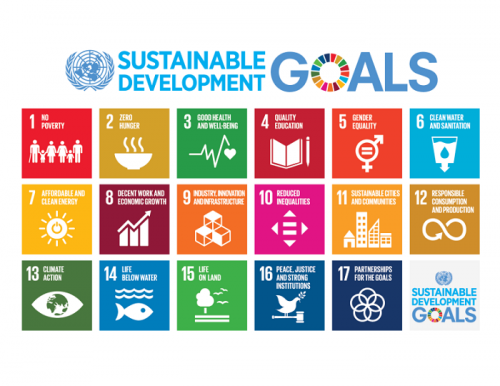
The 2030 Agenda for Sustainable Development, adopted by all United Nations Member States in 2015, provides a shared blueprint for peace and prosperity for people and the planet, now and into the future. At its heart are the 17 Sustainable Development Goals (SDGs), which are an urgent call for action by all countries – developed and developing – in a global partnership. They recognize that ending poverty and other deprivations must go hand-in-hand with strategies that improve health and education, reduce inequality, and spur economic growth – all while tackling climate change and working to preserve our oceans and forests.
The Sustainable Development Goals (SDGs) are a collection of 17 global goals designed to be a “blueprint to achieve a better and more sustainable future for all”. The SDGs, set in 2015 by the United Nations General Assembly and intended to be achieved by the year 2030, are part of UN Resolution 70/1, the 2030 Agenda.
Whether it’s in sport, UN peacekeeping, youth leadership, our fierce advocacy for climate action and oceans preservation, or Fijians like Winston Hill Boxing – Fiji who turned his passion into a successful business, the outsized successes of the Fijian people belie the size of our country. In this video, Fiji’s prime Minister, Frank Bainimarama, talks about how Fiji is punching above it’s weight but notes that sustainable development is a “global team effort”. And it’s this effort and commitment that is needed to shift the global economy onto a sustainable pathway.
Fiji’s prime Minister, Frank Bainimarama states that Tt deliver on the 2020 agenda, it is essential to take a collaborative approach and build strong relationships with development partners, businesses, civil society, and Fijian citizens, to drive forward sustainable development. Current successes in Fiji so far include;
- Unemployment is at its lowest rate and 100,000 jobs have been added to the economy since 2009.
- Inclusive growth has focused on wealth inequality, and the introduction of a welfare programme has created a saftey net to protect those deemed more vulnerable in society.
- With changing weather patterns enhancing as a result of climate change, Fiji is on the front line by reducing its carbon emissions. It is “climate sensitising” development by shifting to more renewable sources of energy.
- Legal and social justice institutions have extended access to justice, tackled corruption, and supported Fijian democracy.
Module 6: Fiji's Approach to Sustainable Development
The sustainable development principles underpinning the SDGs have long been the underlying principles for Fiji’s national development. In implementing the SDGs, Fiji has adopted a ‘whole- of-Government’ approach and has utilized national development planning as the primary instrument to drive forward SDGs implementation. In 2017, The Fijian Government launched its 5-Year & 20-Year National Development Plan (NDP) with the vision of transforming Fiji. The NDP is the outcome of a nationwide consultation process that involved the private sector, civil society, community groups, government and the general public reflecting the aspirations of the Fijian people and their Government’s commitment for a transformed Fiji. Mainstreamed and integrated within the various thematic areas of the NDP are the 17 SDGs—15 SDGs explicitly integrated into the corresponding 29 strategic priorities of the NDP while SDG 10 (reduce inequalities), SDG 12 (responsible consumption and production) and SDG 13 (climate action) are treated as cross-cutting issues across the NDP. Consequently, the SDG implementation and its monitoring hinge on the NDP processes.
At the sector level, SDGs have already been integrated into sectoral strategic plans and policies in many sectors including but not limited to education, health and agriculture. Fiji also recognises that, while Government holds the important responsibility for achieving the SDGs, it is in everyone’s interest and everyone’s responsibility including private individuals, private enterprises, NGOs and CSOs to advance the sustainable development agenda. Working with these multiple stakeholders, the Fijian Government is helping advance socio-economic development and empowerment of all Fijians.
What is the Fiji National Development Plan (FNDP or NDP)? It is a 20-Year Development Plan that provides the forward-looking vision for “Transforming Fiji” towards an even more progressive, vibrant and inclusive society. It outlines a framework that encompasses strategic policy manoeuvres, new approaches to development and the aspirations of all Fijians.
In the quest for creating a transformative Fiji, unprecedented investment has been undertaken in the education sector through introduction of free education, free textbooks and subsidised transportation to school. This is the single most important vehicle to empower young Fijians including the empowerment of the disadvantaged. Maternal and child mortality rates have been reduced, density of health workers has increased, and universal health coverage is the highest among Pacific Island Countries. Non-communicable diseases have become a health pandemic.
The strong and sustained growth momentum experienced over the years, places Fiji in a very opportune space to embrace a new wave of development with shared prosperity and inclusiveness at its heart. The Fijian economy has achieved nine years of consecutive growth – an extraordinary achievement in the country’s post-independence history. This unprecedented economic growth is resulting in declining poverty and inequality and has enabled massive investment in infrastructure allowing access to markets and opportunities.
Fiji is vulnerable to the impacts of climate change and has been vocal about this in the international arena. Fiji’s global leadership on two important SDGs on climate change and oceans has been demonstrated through the co-hosting of the 2017 United Nations Ocean Conference and the Fijian Presidency of COP23. Fiji’s political leadership in these areas will be critical for building momentum on climate and ocean action and for the mobilisation of resources to climate vulnerable countries. Fiji is a signatory to a number of climate change related international agreements, and has integrated climate change into the National Development Plan to bolster climate and ocean action at the local level.
On a per capita basis, Fiji’s financial commitment towards the expansion of legal aid services ranks Fiji as a world leader in funding access to justice. This gives more low-income earners in Fiji greater opportunity to seek legal advice and enjoy the security, assurance and full protection of the law, creating an equal society.
Successful partnership with private individuals, private enterprises, NGOs and CSOs has been fundamental in delivering critical services in Fiji. These range from large scale infrastructure projects to community-based development initiatives.
Inclusive socio-economic Development – will ensure that all socio economic rights in the Constitution are realised. Inclusivity will be at the centre of growth and development, and the benefits of prosperity will be spread as widely as possible to improve the social well-being of all Fijians. No one will be left behind regardless of geographical location, gender, ethnicity, physical and intellectual capability and social and economic status.
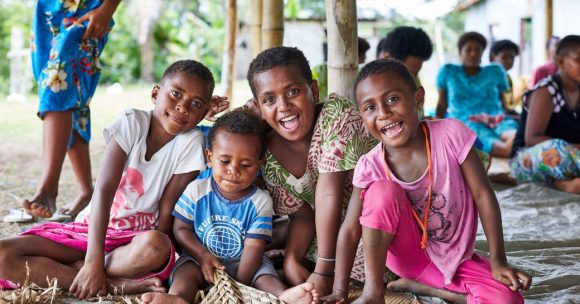
- Fourfold increase in GDP per person
- Government debt to be reduced to 35 percent of GDP
- Reducing unemployment rate to below 4 percent
- Eradicating poverty
- 100 percent access to clean and safe water and proper sanitation
- Electricity for all
- Provision of affordable housing
- Universal access to quality education
- High quality healthcare system
- Women in development
- Food and nutrition security
- Protecting culture, heritage and natural environment
- National security
Transformational Strategic Thrusts – are game changing forward-looking policy shifts to expand our development frontier and support the vision of transforming Fiji. New and emerging growth sectors will be nurtured, connectivity within and to the outside world will be improved, new technologies will be embraced, productivity will be maximised, human capital development will be accelerated and green growth will be a key guiding principle in the implementation of this Plan.
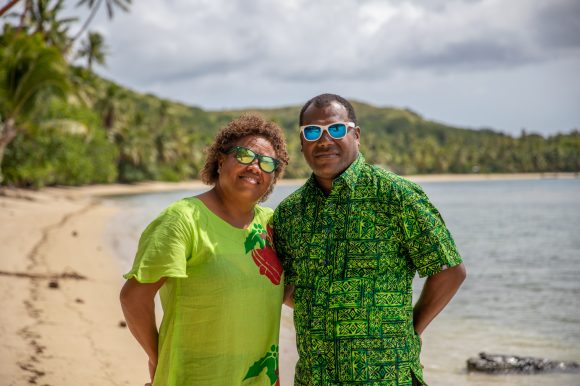
- Nurturing new and emerging growth sectors
- Micro, Small and medium enterprise development
- Agriculture
- Tourism
- Resource
- Traditional skills
- Sporting facilities
- ICT and media
- Improving transport and digital connectivity
- Road transportation
- Air connectivity
- Port services and inter-island network
- Digital connectivity
- Skill development and demographic dividend
- Embracing appropriate and new technology for productivity improvement
- Building vibrant cities and towns and stronger rural economy
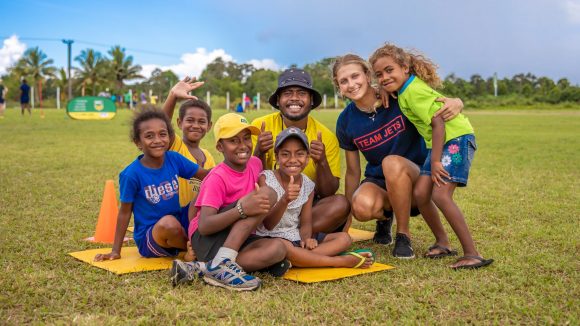
Here are specific points of the Fijian National Development plan, which Think Pacific volunteer projects and our wider long-term initiatives achieve for the Fijian Ministry.
- Youth & Sports Development = NDP Goal: 3.1.1
- Quality Education & Advocacy = NDP Goal: 3.1.5
- Women’s Empowerment = NDP Goal 3.1.9
- Health & Medical Services = NDP Goal 3.1.6
- Food & Nutrition Security = NDP Goal 3.1.4
- Social Inclusion & Empowerment = NDP Goal: 3.1.7
- Culture & Heritage Promotion = NDP Goal: 3.1.10
- Micro Enterprise Development = NDP Goal: 3.2.6
- Expanding the Rural Economy = NDP Goal: 3.2.10
Fiji’s unprecedented progress in recent years has been both guided and inspired by aims of the 2030 Agenda and the 17 Sustainable Development Goals. Fiji’s commitment towards sustainable development is reflected across the nation’s development aspirations and engrained within the three pillars of Fijian democracy, the judiciary, the legislature and the executive.
Fiji’s SDG review is a comprehensive review of the implementation of the transformative 2030 Agenda and its 17 SDGs. As Fiji’s first-ever national review of this nature, the Fijian government has made a special effort to ensure inclusivity throughout the exercise, underpinned by an unwavering commitment to leaving no Fijian behind.
Fiji’s 5-Year and 20-Year National Development Plans are the blueprints for Fiji’s continued development through 2030 and beyond. The plans, both developed through a nationwide consultation process, embody the key goals and principles of the SDGs. Through the FNDP, Fiji has mapped out our agendas for climate action, green growth, environmental protection, gender equality, disability assistance and good governance, along with the development of new and existing sectors of our economy and other key metrics of societal progress. The FNDP recognises the natural synergies that exist between these development areas, and minimises overlaps and maximises efficiency through a cross-cutting interagency approach.
Click the link below to access reports, statements and partners that inform Fiji’s 2019 review.
Click to Explore Fiji's SDG's 2019 ReviewModule 7: The Think Pacific Story
During events such as a cyclone, a network of organisations work together under the National Disaster Management Office (NDMO), pooling resources and co-ordinating support. As an example, following Cyclone Winston, Think Pacific community raised over F$100,000, which we directed to food, water, clothing and basic items for hundreds of rural villages. We are forever grateful for the kind support of all of our donors as well as the British Army and Rotary International.
Sadly in April 2020, a further cyclone (Cyclone Harold) struck Fiji and Think Pacific is once again working with NDMO and has a fundraising campaign to aid the re-building of facilities on the impacted islands

Our projects are guided by the action plans of the National Centre for Health Promotion and the government directive, ‘Towards a Healthy Fiji Programme’ (TAHF). This is a holistic development approach being implemented in rural areas, which supports combined initiatives to achieve whole solutions to poverty issues by developing knowledge and education, facilitating vital infrastructure and empowering Fijian people to live healthy, sustainable lives.
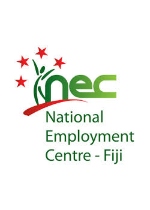
Think Pacific hold a memorandum of understanding with the National Employment Centre of Fiji. Through this agreement we work closely to maximise the transfer of skills and to strengthen Fijian expertise and capacity. We promote village based businesses, facilitate training for Fijian youths and invest in local skills. We engage unemployed Fijian youths in employment and placements annually. We proud to provide the first opportunities of work based learning, career experience and often long term job opportunities for young Fijians registered through the NEC.
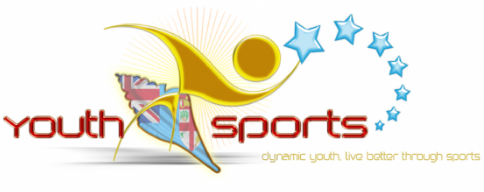
Think Pacific signed an MOU with the Ministry of Youth & Sports on the 12th June 2014. Think Pacific support and implement on our projects, the Ministry’s concepts and initiatives for expanding opportunities for young Fijians to develop themselves, including nurturing sports teams and youth groups, providing mobile skills training, supporting youth mentoring and growing extra-curricular activities such as the Duke of Edinburgh Scheme in Fijian schools.
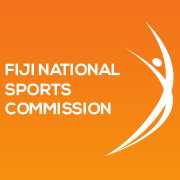
Think Pacific signed an MOU with the Fiji National Sports Commission on the 21st May 2014. The key areas of co-operation between Think Pacific and the Fiji National Sports Commission include the facilitation of key sporting concepts and initiatives such as the Sports Outreach Scheme, the Educate the Educators training programme as well as supporting National events and developing grass roots Youth & Sports clubs in rural settings.

